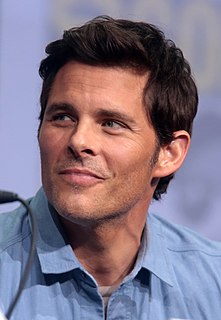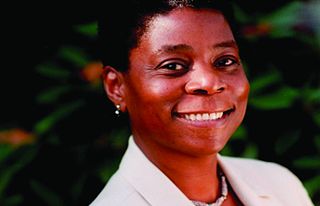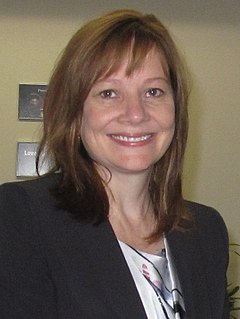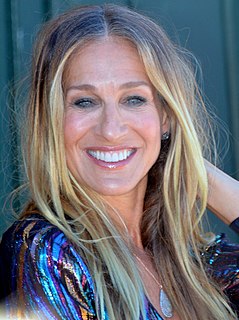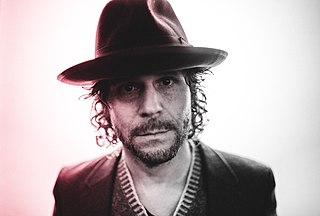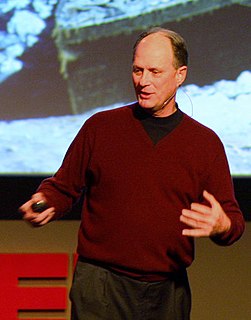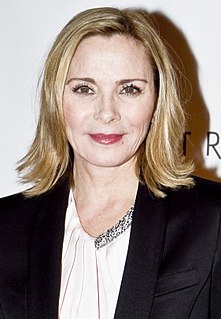A Quote by James Marsden
Early in your career, you feel like there is a formula, a path you have to take. You have to do this movie because this person directed it and you have to be associated with these people. In some ways, I have thrown that out.
Related Quotes
Fresh out of college, you tend to join a company because it's a job. But, you tend to stay because it becomes a career; you start to feel at home. In the beginning of your career, you're focused on you: 'I like this place because I'm doing rewarding work; they take good care of me; the people are nice; there's runway for me,' etc.
The biggest message I have for young women is, Don't start cutting off branches of your career tree unnecessarily early. Sometimes women say, I know I want to have a family or play in the local symphony, and they start pulling themselves out of their career path. You don't have to take yourself out of the running before you even start.
In psychology, there's something called the broken-leg problem. A statistical formula may be highly successful in predicting whether or not a person will go to a movie in the next week. But someone who knows that this person is laid up with a broken leg will beat the formula. No formula can take into account the infinite range of such exceptional events.
I feel like you have to be so precise in what you are going to say, or you can be hammered if you say it the wrong way. That part makes feel bummed out because sometimes these things can take a while to figure out. Different people formulate things in different ways and have different processes. I feel like let's just take a deep breath and not be so perfectionistic about it all.
My problem is, whether it's for emotion or for the talents that a character has to have in a role, I find it very difficult to not take on a challenge. I need to say, "Okay, enough, take the easy road." But the easy road for me is not - it might just come out coincidentally. I wouldn't ever choose a movie because it's easy. I might choose a movie because I feel like being funny, or I feel like being able to do something that is perhaps dramatic, but to a lesser degree. Because I like switching it up, basically, not because I would take the easier road.
Most of the time you are growing up, people tell you what's wrong with you. Your coach tells you, your parents tell you, the teachers tell you when they grade you. I think that's very good in the early stages, because it helps you then develop skills. But at some point in your career, generally I think when you are in your teens, you look in a mirror and you have to say, despite all the bumps and warts, "I like that person I'm looking at, and let's just do our best."
I went public with the alcoholism, very early on... the early '70s. Mercedes McCambridge, the actress, I think was the first recognizable person that went before Congress and talked about it, and I thought that was a good idea, to take some of the stigma away from it and say "Normal, average people can fall prey to it." So it's been public for me. I did a movie about an alcoholic. And today, you're nobody unless you've been to rehab. It seems like everybody has some kind of an addiction.
I tell everybody on the first day of making a movie that if anyone's here to further their career, they should leave. I'm gonna make the movie in such a way that we won't have a career when this movie comes out. Because the people who hold the moneybags are not going to want to share any of that money with us to make the next movie!
I've kept the people who've been in my career who I feel are my family. Kathy [Kennedy] had been with me since 1978. Janusz Kaminsky, my cinematographer, has made every movie with me since Schindler's List. Michael Kahn has cut every movie I've directed since 1976 when we made Close Encounters together. Rick Carter has done more than 15 of my directed films as a production designer.
Trust me, pitfalls of early fame are always around. But you have to have the strength within yourself to say, "No!" Like tonight, I'd like to go out, and I have the freedom to do so. But I probably won't because I can't risk having my name associated with anything negative at this critical time. That's just to protect my brain and my job. There's no reason to play any games with a career I love.
